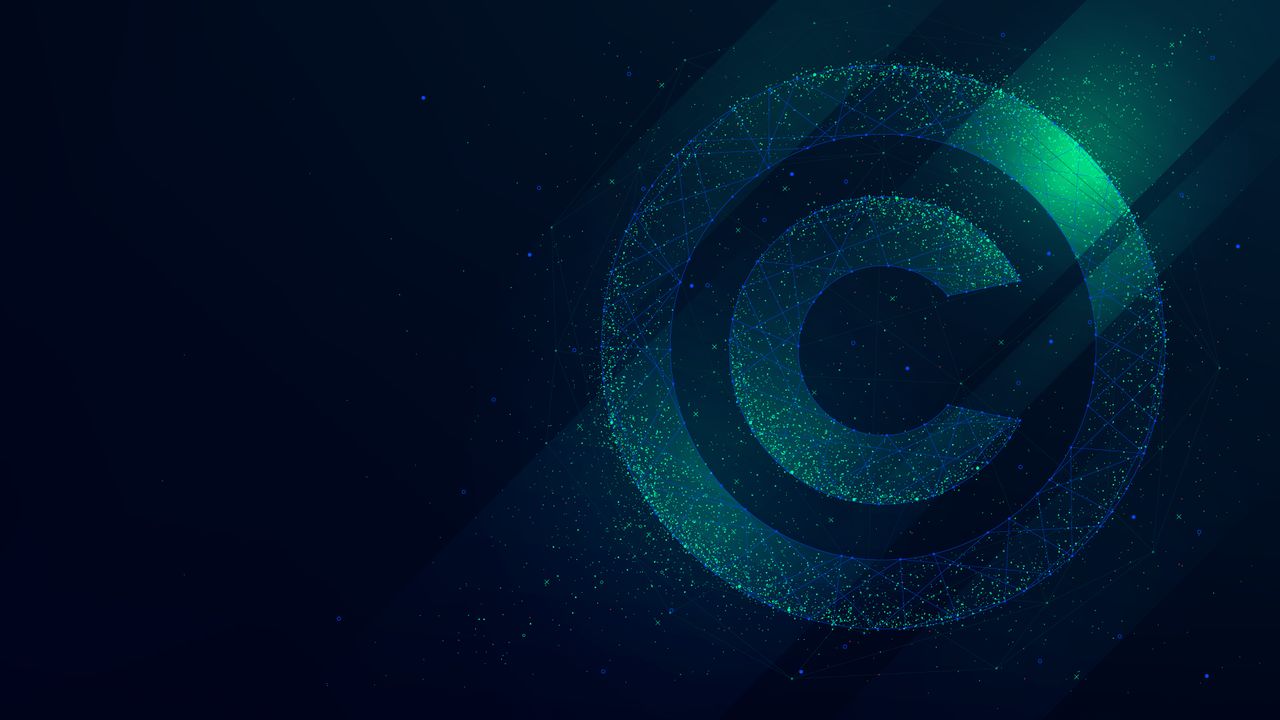Why the EU Copyright Directive is a threat to the Open Web
The EU Copyright Directive, if approved as is, could stifle global creativity by putting an unneeded burden on sites that host user-generated content.

After much debate, the EU Copyright Directive is now moving to a final vote in the European Parliament. The directive, if you are not familiar, was created to prohibit spreading copyrighted material on internet platforms, protecting the rights of creators (for example, many musicians have supported this overhaul).
The overall idea behind the directive – compensating creators for their online works – makes sense. However, the implementation and execution of the directive could have a very negative impact on the Open Web. I'm surprised more has not been written about this within the web community.
For example, Article 13 requires for-profit online services to implement copyright filters for user-generated content, which includes comments on blogs, reviews on commerce sites, code on programming sites or possibly even memes and cat photos on discussion forums. Any for-profit site would need to apply strict copyright filters on content uploaded by a site's users. If sites fail to correctly filter copyrighted materials, they will be directly liable to rights holders for expensive copyright infringement violations.
While implementing copyright filters may be doable for large organizations, it may not be for smaller organizations. Instead, small organizations might decide to stop hosting comments or reviews, or allowing the sharing of code, photos or videos. The only for-profit organizations potentially excluded from these requirements are companies earning less than €10 million a year, until they have been in business for three years. It's not a great exclusion, because there are a lot of online communities that have been around for more than three years and don't make more than €10 million a year.
The EU tends to lead the way when it comes to internet legislation. For example, GDPR has proven successful for consumer data protection and has sparked state-by-state legislation in the United States. In theory, the EU Copyright Directive could do the same thing for modern internet copyright law. My fear is that in practice, these copyright filters, if too strict, could discourage the free flow of information and sharing on the Open Web.
—